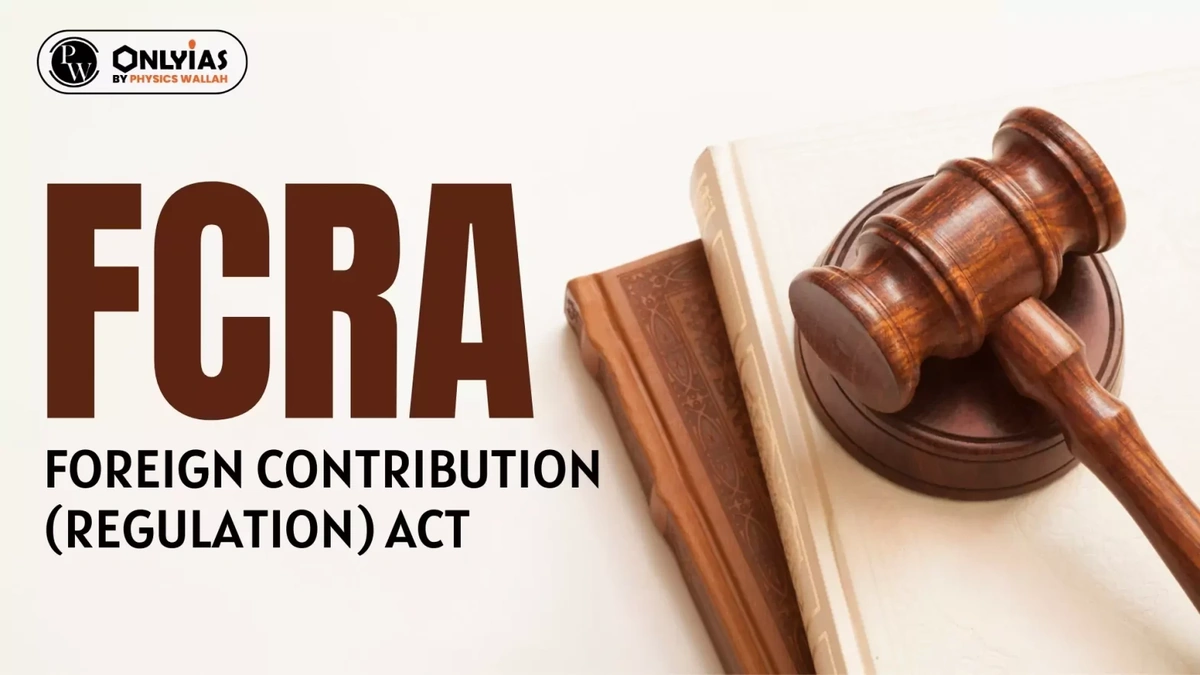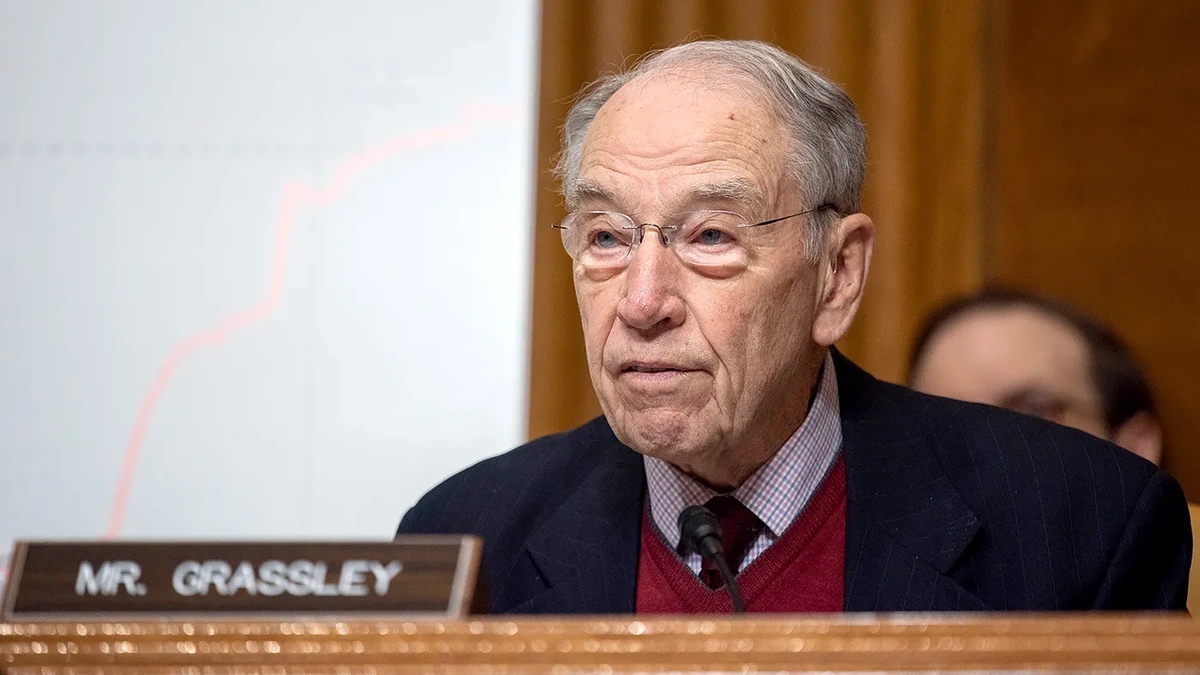Decoding FCRA | Why It Matters to Every Indian NGO
Ever wondered how NGOs in India get their funding? It’s not just about good intentions; it’s also about navigating the intricate world of the Foreign Contribution (Regulation) Act (FCRA) . Let’s be honest, the FCRA can seem like a maze of rules and regulations. But understanding it is crucial, especially if you’re involved with or donating to an NGO. This isn’t just about compliance; it’s about transparency, accountability, and the very soul of the organization. So, let’s dive in, shall we?
What’s the Big Deal with FCRA? The Analyst’s View

FCRA registration isn’t merely a bureaucratic hoop to jump through. It’s the government’s way of keeping tabs on foreign funds flowing into the country. Why? Well, the underlying rationale is to ensure that these funds are used for the intended purposes and don’t compromise national interest. I initially thought it was just about preventing money laundering, but it’s much broader than that. It’s about safeguarding India’s sovereignty. What fascinates me is how the interpretation and enforcement of FCRA have evolved over the years, often sparking debates about the balance between regulation and the freedom of association. As per the Ministry of Home Affairs (MHA) website, the FCRA aims to prevent foreign contributions from adversely affecting our political landscape.
The impact of FCRA regulations is far-reaching. From grassroots organizations working on environmental issues to large-scale healthcare providers, many NGOs rely on foreign funding to carry out their activities. The restrictions imposed by FCRA can affect their ability to operate effectively. Think about it: a sudden change in regulations can disrupt funding cycles, delay projects, and even force some organizations to shut down. That’s the real-world consequence, and it’s something we need to be aware of.
FCRA Compliance | A Step-by-Step Guide for NGOs
Alright, so you’re running an NGO and want to receive foreign funds legally? Here’s the thing: FCRA compliance can feel like climbing Mount Everest without proper gear. But, fear not! Let’s break it down into manageable steps. As someone who has been there, a common mistake I see people make is underestimating the documentation required. Double-check everything!
- Eligibility Criteria: First, ensure your NGO is eligible. Generally, you need to be registered as a trust, society, or Section 8 company. You also need a proven track record of at least three years of activity.
- Online Application: The application process is entirely online through the FCRA portal. You’ll need documents like your registration certificate, Memorandum of Association, and audited financial statements.
- Due Diligence: The MHA conducts a thorough due diligence process. This involves verifying your documents and assessing your organization’s background.
- FCRA Account: You need to open a designated FCRA account in a specified bank. All foreign contributions must be deposited in this account.
- Annual Returns: Filing annual returns is mandatory. You must report all foreign contributions received and how they were utilized.
Stuck downloading the form? I’ve seen it all. Clear your browser cache, try a different browser, and ensure your internet connection is stable. And always, always save a backup of your application form before submitting! Also, it is crucial to understand the nuances of the registration process .
The Emotional Rollercoaster | Running an NGO Under FCRA
Let’s be real, running an NGO in India is not for the faint of heart. Add the complexities of foreign funding regulations , and you’ve got a recipe for sleepless nights. That moment of panic when you realize a deadline is looming, or a grant application is rejected – we’ve all been there. The emotional toll is real.
But, amidst the stress, there’s also immense satisfaction. The feeling of making a tangible difference in someone’s life, of seeing your hard work translate into positive change – that’s what keeps you going. It’s about believing in your mission, even when the odds are stacked against you. It’s about resilience.
Remember that time you almost gave up? Don’t. Lean on your team, seek support from fellow NGOs, and never lose sight of your vision. And hey, it is crucial to have strong NGO compliance . You are building something that truly matters.
Navigating Amendments | Staying Ahead of the Curve
One thing you need to know: the FCRA landscape is constantly evolving. Amendments are common, and it’s crucial to stay updated. A recent change restricted the transfer of funds to other NGOs, which had a cascading effect on many collaborative projects. According to the latest notification from the Ministry of Home Affairs, understanding these changes is crucial for maintaining compliance and avoiding penalties. As per the guidelines mentioned in the information bulletin, keep an eye on official notifications and circulars.
Here’s how to stay informed:
- Official Website: Regularly check the MHA website for updates.
- Legal Experts: Consult with lawyers specializing in FCRA.
- Networking: Connect with other NGOs to share information and best practices.
The Future of FCRA | What Lies Ahead?
So, what’s next for FCRA? Let me rephrase that for clarity… What can we expect in the coming years? Well, it’s tough to say for sure. But, here’s what I think. Given the government’s focus on transparency and accountability, we can anticipate stricter enforcement and increased scrutiny of foreign funding. This might mean more compliance requirements, more audits, and potentially, more challenges for NGOs.
But, here’s the optimistic view: a robust regulatory framework can also build trust and credibility in the NGO sector. By ensuring that foreign funds are used responsibly, we can strengthen the legitimacy of NGOs and their impact on society. It’s a balancing act, for sure. And hey, understanding the nuances of government regulations is crucial to succeed in India.
FAQ | Your FCRA Questions Answered
Frequently Asked Questions
What if I forgot my application number?
Check your email for the confirmation you received upon initial application, or contact the FCRA helpdesk with details like your organization name and registration details.
Can I transfer funds from my FCRA account to another NGO?
No, direct transfers to other NGOs are generally restricted under the latest amendments.
How often do I need to file FCRA annual returns?
Annual returns must be filed every year, even if you haven’t received any foreign contributions.
What documents are required for FCRA registration?
You’ll need your registration certificate, Memorandum of Association, audited financial statements, and other relevant documents.
What happens if I violate FCRA regulations?
Violations can lead to penalties, suspension of your FCRA certificate, or even prosecution.
Where can I find the latest FCRA notifications and circulars?
The official Ministry of Home Affairs (MHA) website is the best source for the latest updates.
In conclusion, navigating the FCRA landscape requires diligence, transparency, and a proactive approach. It’s not just about following the rules; it’s about upholding the values of accountability and integrity. And remember, your work matters. Keep going, keep learning, and keep making a difference.













